Purgatorio, Canto 14
OVERVIEW
Gregory Wolfe is a professor in the Templeton Honors College at Eastern University and the editor of Slant Books, an imprint of Wipf & Stock Publishers.
Questions for Reflection
- This canto includes intriguing scenes of naming both self and other. How does envy inhibit our ability to name ourselves and our neighbors? How does charity, once envy is purged, enable us to see, to recognize, and to name self and each other?
- Dante describes himself instead of naming himself (14.16-21). How might we understand this as an indication of Dante’s growth in humility?
- How does Dante’s pleasant interaction with Guide del Duca and Ranieri da Calboli call us back to Inferno 10? How is this interaction different from that between Farinata and Cavalcante?
- How is Dante using practices of falconry at the end of the canto? What does this tell us about the way Dante understands human desire for God?
- Given Virgil’s imagery of the starry heavens functioning as a lure to draw humanity to God (14.149-151), how does this help us better appreciate the significance of the “starless air” of hell (Inferno 3.23) and the ascent out of hell to “once more see the stars” (Inferno 34.151)?
DETAILS
- Dr. Gregory Wolfe
- Templeton Honors College
- Run Time 14:00








